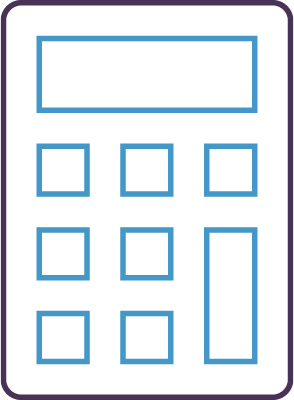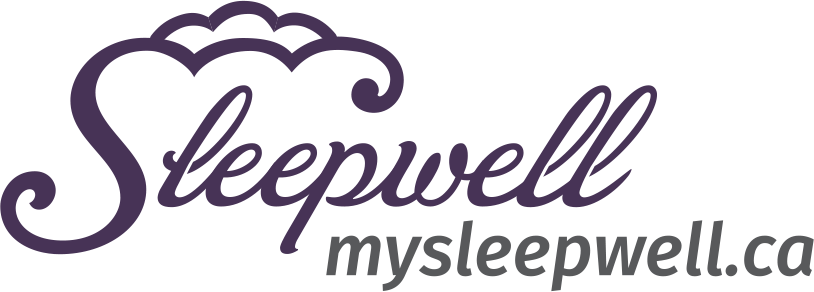
Sleep Calculator
Use the Sleep Calculator to estimate your sleep numbers. You can do this for last night’s sleep or your typical night’s sleep over the past week.
Sleep window:
Time awake:
Time asleep:
Sleep efficiency:
Now that you have calculated your sleep numbers, take a look at the table to get an idea of where you fall on the sleep efficiency scale. You can use your sleep efficiency calculation for making adjustments to your Sleep Schedule at Sleep Drive.
| 95% or greater | Too high? Your efficiency is very high, possibly too high. Consistently scoring above 95% could indicate that you are not getting enough sleep. Are you going to bed very late and getting up early? Are you getting enough sleep?
|
| 90% to 94% | Great result! When you are in bed you are spending most of your time asleep.
|
| 85% to 89% | Great result! When you are in bed you are spending most of your time asleep.
|
| 70% to 84% | Some opportunity for improvement. Ideally, you should be spending a larger proportion of your time in bed asleep.
|
| Less than 70% | Lots of opportunity for improvement. You are spending more time in bed while awake than is recommended. You may be finding it difficult to get to sleep, stay asleep, or both.
|
Needing 8 hours of sleep per night is a myth. Everyone is different. Some people function very well during the day, without feeling excessively tired, with less than 8 hours of sleep per night. Other people do best with 8 or 9 hours per night. Visit the National Sleep Foundation for more information about recommended duration of sleep for different age groups.


